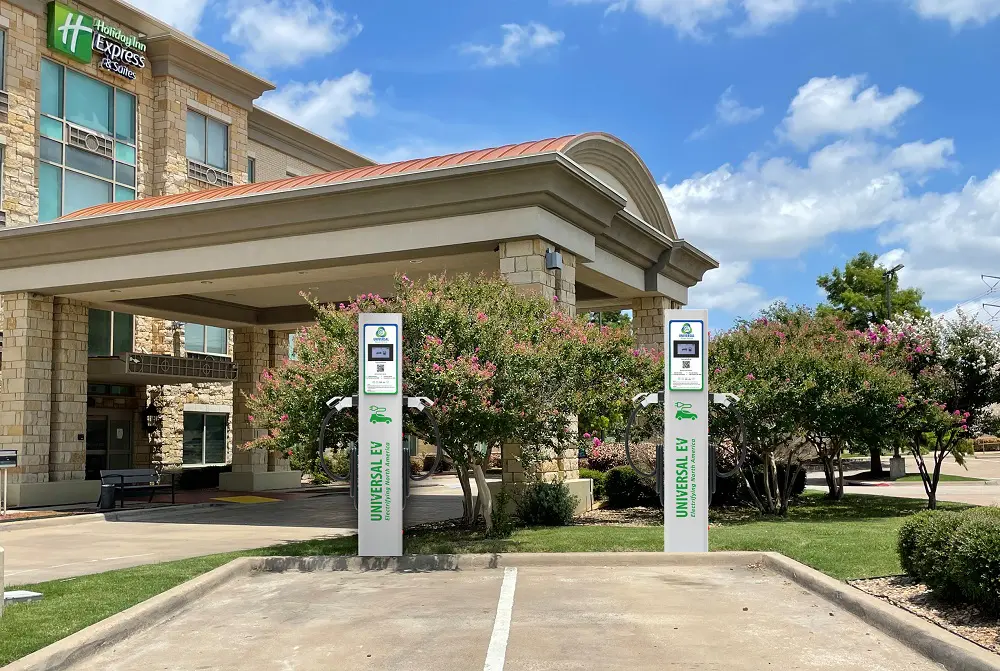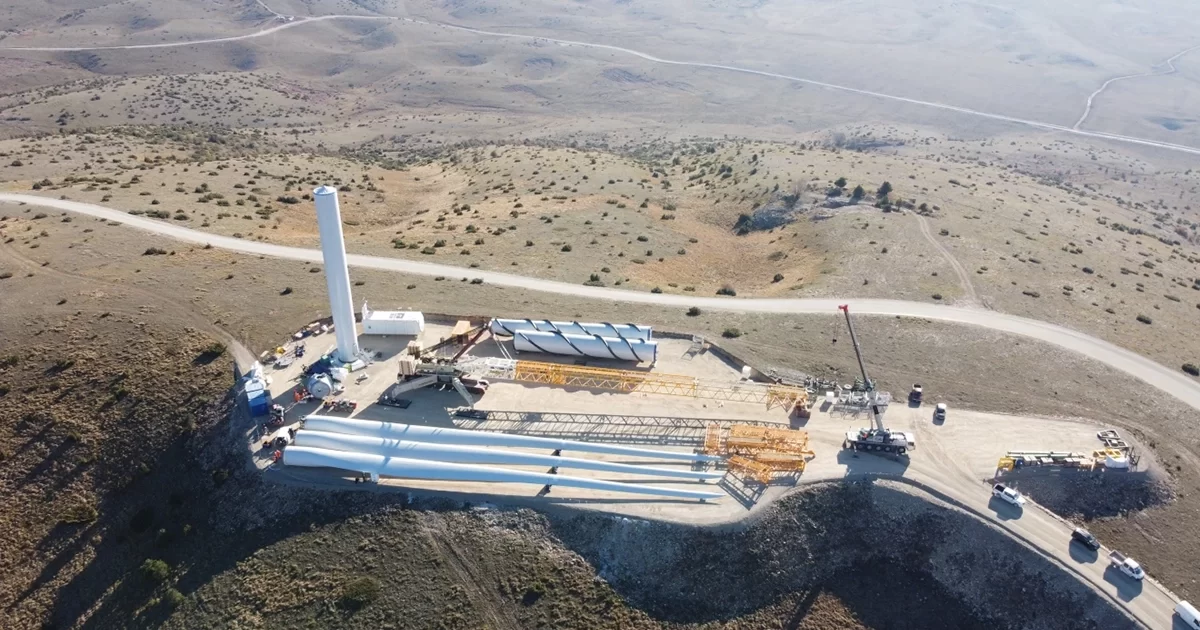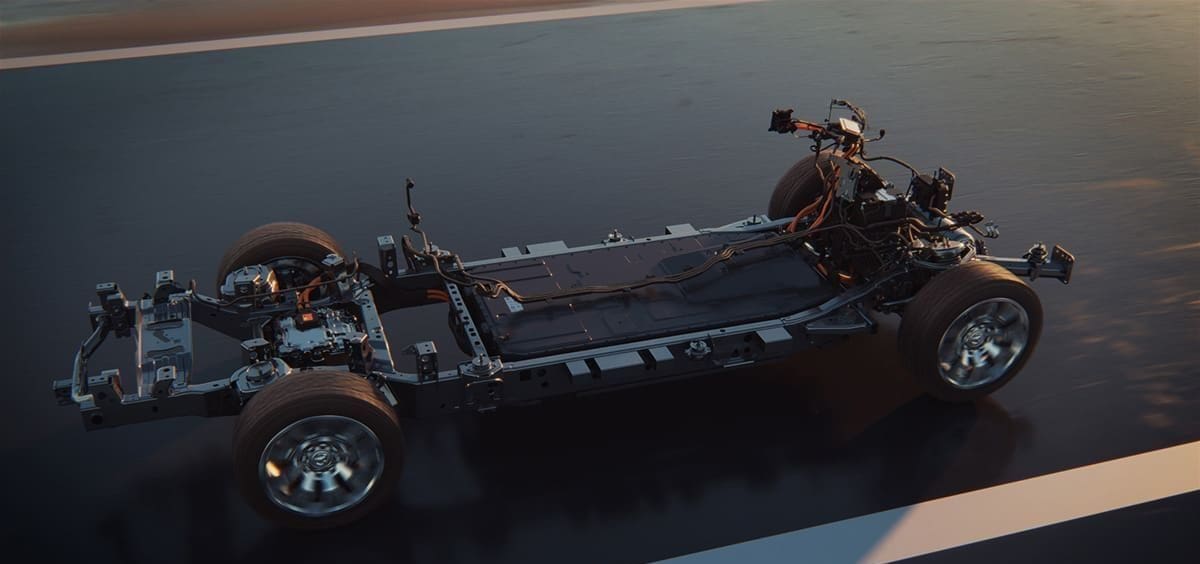
Opportunities For EV Charging In The Hotel And Hospitality Space

Universal EV Chargers, a division of Universal Green Group, announced it has earned nearly US$10 million in federal and state grants to help the hospitality industry and related businesses install electric vehicle (EV) charging stations.
Ample charging at hotels and other hospitality businesses is essential for the widespread adoption of EV charging. Universal EV Chargers focused its efforts on installing EV charging stations first with hotels and other hospitality businesses nationwide to attract drivers who will need services that help them pass the time while their EVs charge. However, the current hotel and hospitality charging market is underserved. “Early adopters in the hotel and hospitality space may have installed chargers as long as two years ago, but EV charging infrastructure failed to satisfy customers’ needs completely,” said Hemal Doshi, CEO of Universal EV Chargers. “Many EV chargers were proprietary, so businesses had to install various models and may not have had a match for a given EV driver when they most needed it. Site owners found this complexity expensive and unexpected. Additionally, EV maintenance issues left many units out of order, which led to frustrating EV driver experiences. Guest dissatisfaction plagued early site owners who offered EV charging. In the first few years of rollout, the EV driving public found it difficult to find EV chargers that met their needs. Now, this challenge has vanished as third-party apps make it simple to locate appropriate chargers. These early EV charging station owners are now facing the need for a complete upgrade to universal [non-proprietary] chargers.”
Boosting EV Charging Capacity
Universal EV Chargers identifies two general categories of hotel site owners that are candidates for EV charging. The first are early adopters that find value in upgrading existing EV charging stations with new equipment and technologies. The second are relatively late adopters that may even be apprehensive about the EV charging space altogether. The challenge is getting early adopters outfitted with the latest charging infrastructure while also getting skeptical businesses onboard so that EV adoption doesn’t outpace charging infrastructure. “While visionary hoteliers and other hospitality business owners can investigate the complexities of installing and maintaining EV charging stations, it is often the business plan that first causes them to draw pause,” said Doshi. “Businesses often ask why they should want an EV charging station in the first place? Will it be for guest use only? Will the business charge guests, or will the charging station offer EV charging as an amenity? What assumptions should they make as they model the business expectations of an EV charging station? Should they lease or buy?”
“The next step involves addressing a list of additional decisions,” said Doshi. “Examples include asking how many EV chargers will be needed, the type of chargers needed [the two most prevalent chargers are Level Two and direct current (DC) fast chargers], the best place to locate the EV charging station on the property, identifying the feasibility of locating the chargers in a high-rise parking facility, the requirements of the electric utility, and how to engage contractors.”
“Once the business plan and design are complete, the chargers are chosen, the contractors are hired, the permits are granted, and construction begins. The timeline could be six months to a year,” said Doshi. “Alternatively, site owners can work with a company like Universal EV Chargers that designed their own chargers to fix early chargers’ pain points, has created a nationwide maintenance program, has won grants to reduce up-front costs, and has created a range of financial investment options to meet almost any need. Universal EV Chargers also provides end-to-end consulting and project management to cut implementation time to just a few months, depending on local permitting timelines.”
Leveraging Solar Energy With EV Charging
Universal EV Chargers has worked with hotels extensively over the last decade by installing their solar panels. The company’s understanding of their business models and operational needs has impacted its strategy. “While installing solar systems for scores of hotels, Universal EV Charging learned that hotels sell room nights, which are fungible assets, loyalty drives profit, hotels do not staff to operate and maintain ancillary services, and margins can be slim, so additional revenue streams are critical,” said Doshi. “When the first modern EVs entered the market a few years ago, EV drivers infrequently checked in. Hotel site owners questioned the need for EV chargers, but one of the early manufacturers offered to set up EV charging stations to satisfy range anxiety amongst early EV drivers to sell more vehicles. However, as of Q3 2022, US EV penetration remains only about 2%, so many hotels have dragged their feet about installing or upgrading their charging stations. But by 2030, experts expect EVs to represent about 30% of all vehicles on the road. This trend may even accelerate because of two big pieces of legislation — the Infrastructure Act, passed in late 2021, which supports the build out of a nationwide EV charging infrastructure and the Inflation Reduction Act, which provides federal government grants and tax advantages for electric car buyers. EV sales acceleration seems inevitable. Guest demand will increase, and astute hotel operators can drive loyalty, revenue, and higher net promoter scores (NPS) by installing EV charging stations by 2023 or 2024. Working with a company like Universal EV Chargers that created its offerings with site owners and EV drivers in mind will help them avoid the headaches of early EV charging station owners.”

The changing landscape of EV charging and solar energy has presented opportunities for Universal EV Chargers to support both perks for businesses. “A solar energy conversion and EV charging are realistic investments for businesses that want to be sustainable or add ‘green’ to their marketing messages,” said Doshi. “Universal EV Charging is one of the companies that can not only make this possible but can help businesses optimize the grants and tax advantages available to them. At this stage, it is not economically or operationally feasible to use solar energy to power an EV charger, but a few companies are experimenting with ways to do it. Time will tell.”
Universal EV Chargers Competitive Advantages
Universal EV Chargers believes that it offers compelling competitive advantages. Founded in 2009, Universal Green Group is a sustainable green services, products, technology, and projects company.
Universal Green Group’s portfolio of brands includes Universal EV Chargers, Universal Solar System, and Universal Real Estate. Universal EV Chargers was founded to support the needs of EV drivers, including finding places to charge within range, offering a proprietary charger that is compatible with the EV vehicle, encouraging convenient places to wait while charging, and addressing persistent issues with reliability and maintenance experience with commercially available chargers. “Universal EV Chargers has won nearly US$10 million in grants for new installations,” said Doshi. “We continue to apply and win our fair share of this grant money to make a real contribution with our site owners to the American EV charging infrastructure. Universal EV Chargers offers flexible financing/revenue share options, including an option for a complete turnkey solution to make entry into the EV charging business as simple as possible. The turnkey solution includes Level Two charging stations wholly owned and operated by Universal EV Chargers. Universal EV Chargers will help site owners make decisions about business and charging station options. In addition to making the decision to move forward, our charging stations can usually be installed in about 45 days, depending on the issuance of local permits. We handle the installation, including local utility company communication, hook up, and testing. Our Level Two EV charger comes standard with dual charging ports with an output of 11 kW per port (compared to the industry standard 7 kW per port) and will charge an electric vehicle in four to five hours on average. Importantly, we offer end-to-end 24/7 charger support since out-of-service chargers will detract considerably from customer satisfaction and cancel out all your good intentions.”
Growing The Number Of Universal EV Charger Customers
Although the widespread adoption of EV charging in the hotel and hospitality industries remains the end goal, Universal EV Chargers recognizes that certain characteristics make some establishments better suited for EV charging than others. “In the hotel sector, those located along major highways [easily accessible to long-range EV drivers] and suburban hotels [often the choice of business travelers] are particularly well placed to host EV charging stations,” said Doshi. “In general, businesses with longer dwell times [the length of time when customers patronize the business], such as malls, large office buildings, multi-family developments, movie theatres, restaurants, and other similar locations, make good sites for EV charging stations.”
The Bipartisan Investment and Jobs Act is accelerating EV charging adoption by incentivizing the widespread adoption of EV charging. “The Bipartisan Investment and Jobs Act funds infrastructure improvements in roads and bridges, public transportation, airports and ports, power infrastructure, high-speed internet, passenger rail, lead pipe remediation, general environmental remediation, and a nationwide network of EV charging stations,” said Doshi. “The two main elements expected to help accelerate EV charging adoption are the direct investment in EV charging networks and the power infrastructure investment. The latter is focused on building low-emissions, high-efficiency power transmission lines to support clean energy generation, which will be needed to increase the output of the power grids for EVs.”
The Bipartisan Investment and Jobs Act, along with the US$10 million in grants, should help Universal EV Chargers grow closer to achieving its vision for a coast-to-coast network of reliable EV chargers, convenient EV charger stations located adjacent to facilities offering pleasant and helpful amenities, and simple ways for consumers to pay for their charges.









